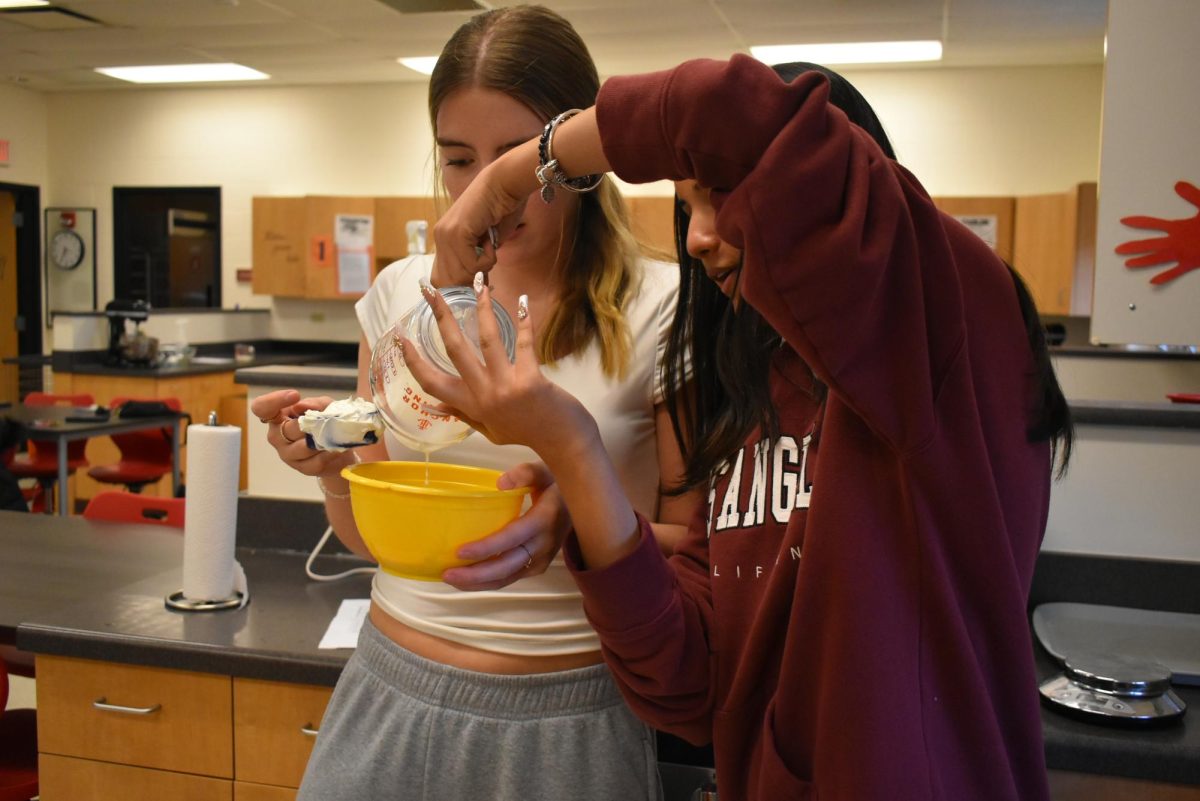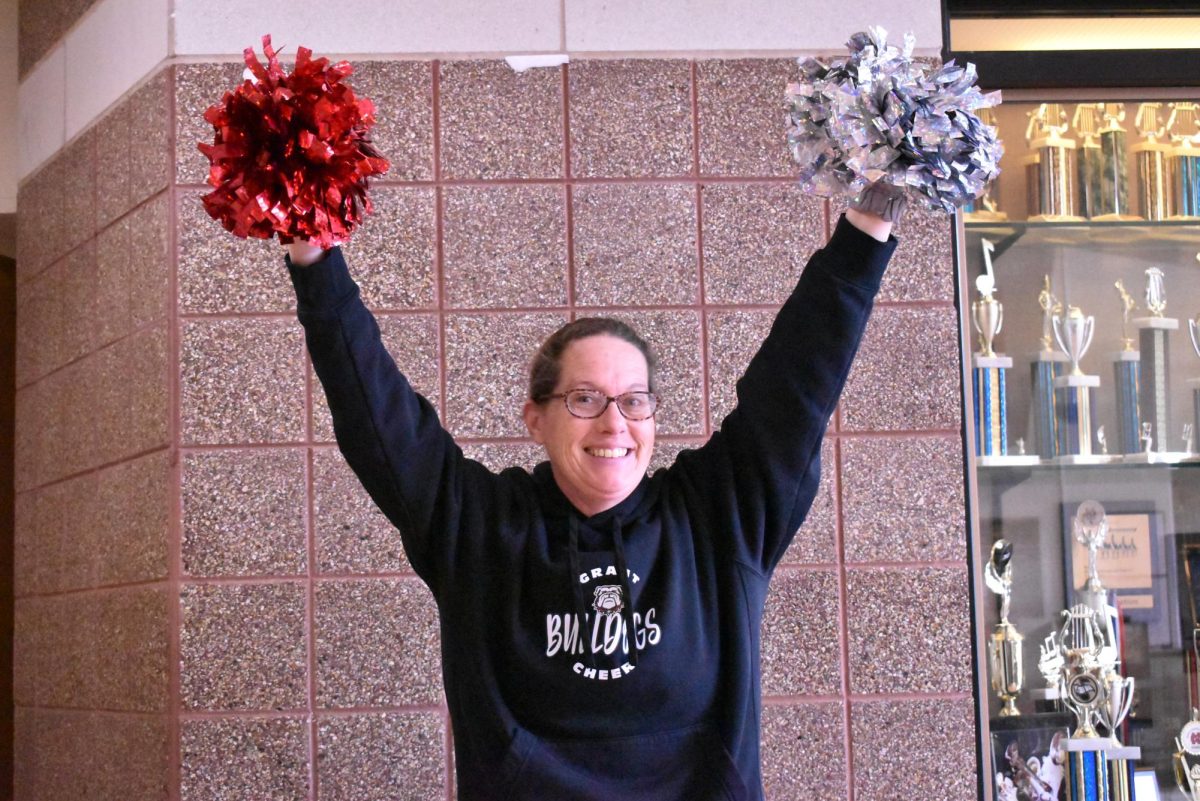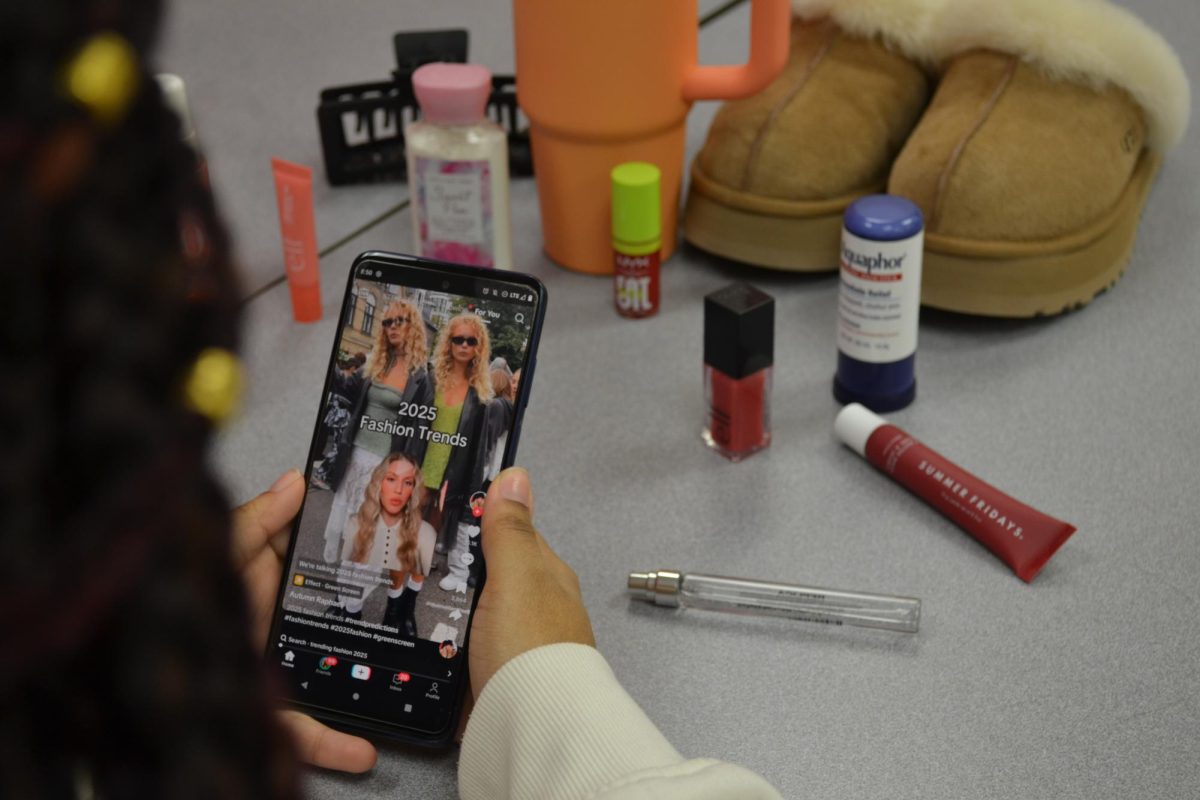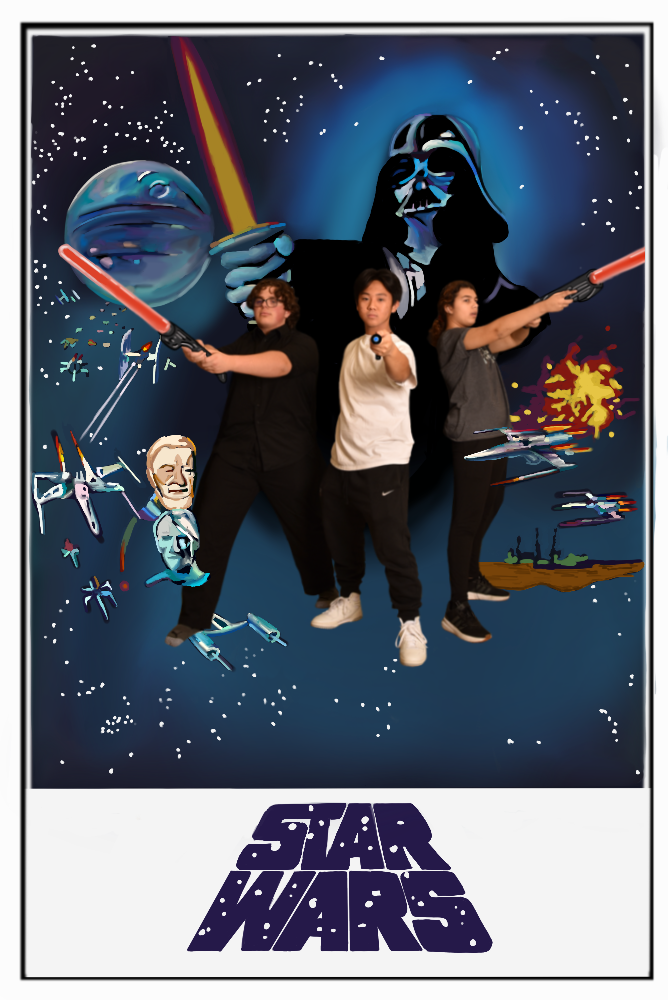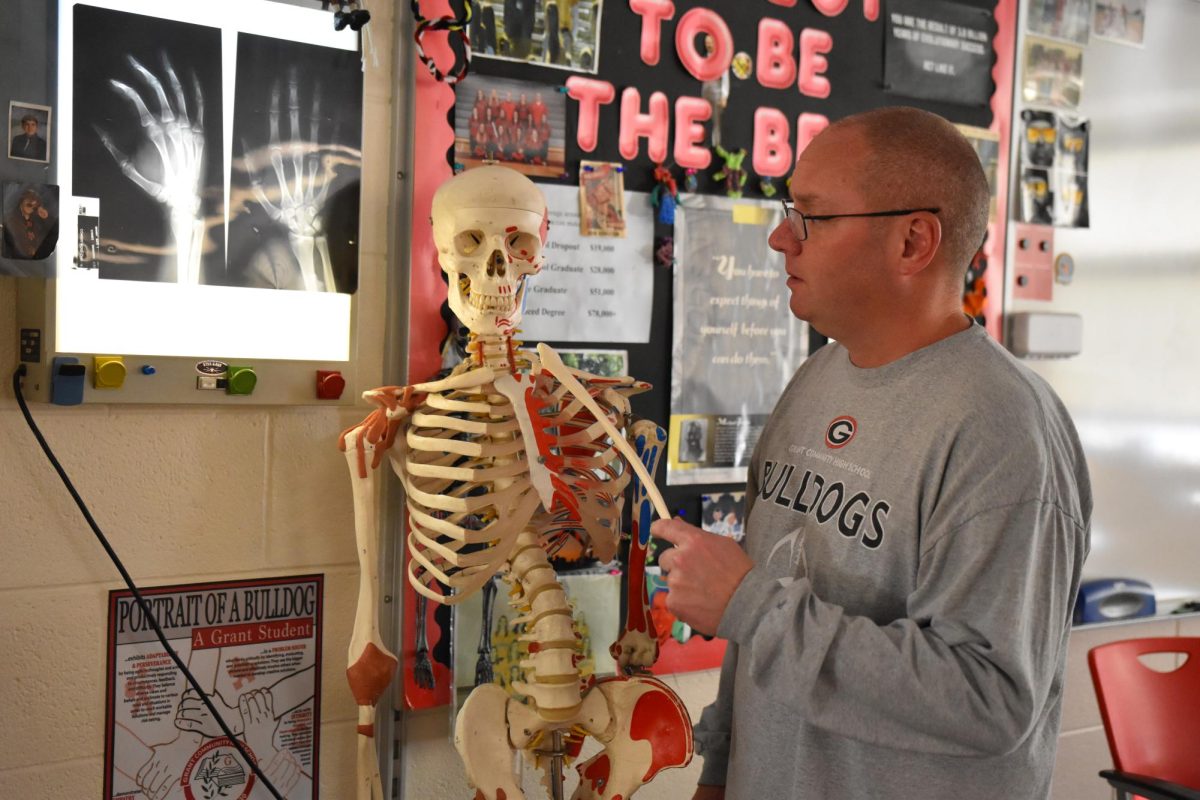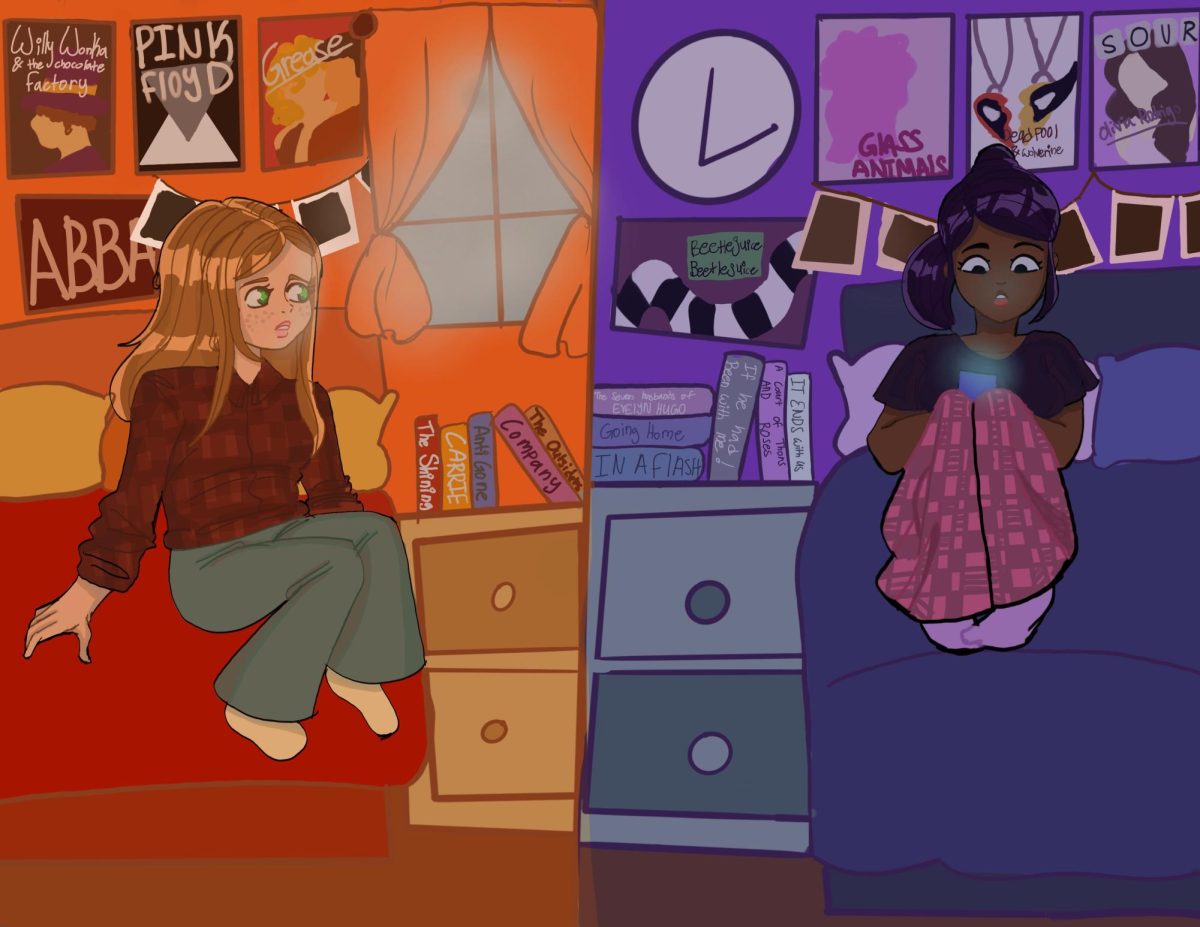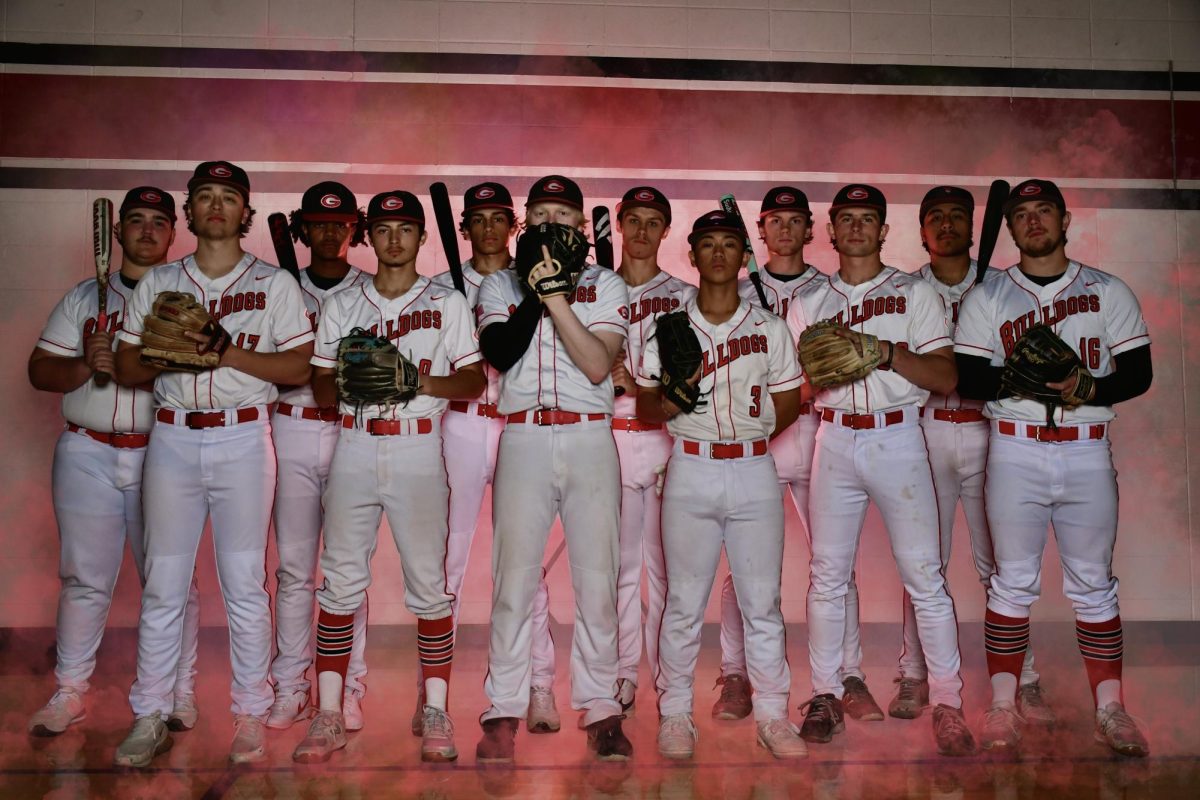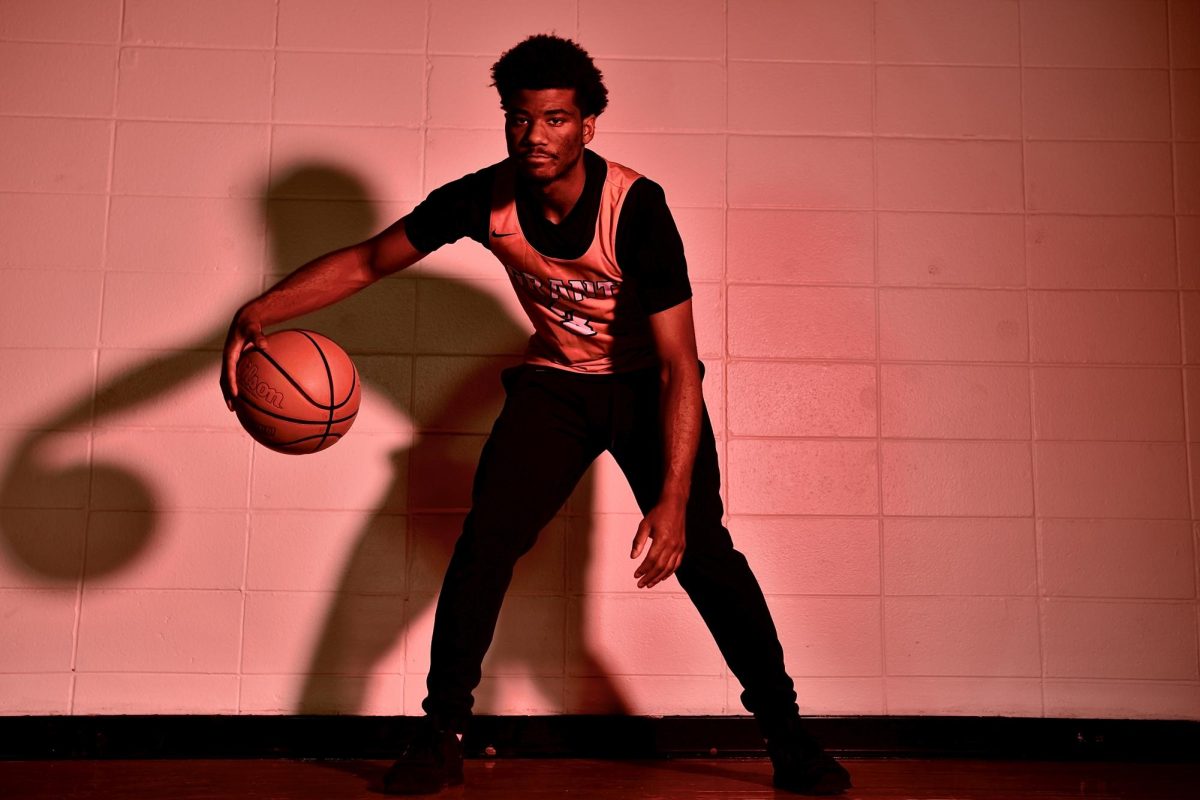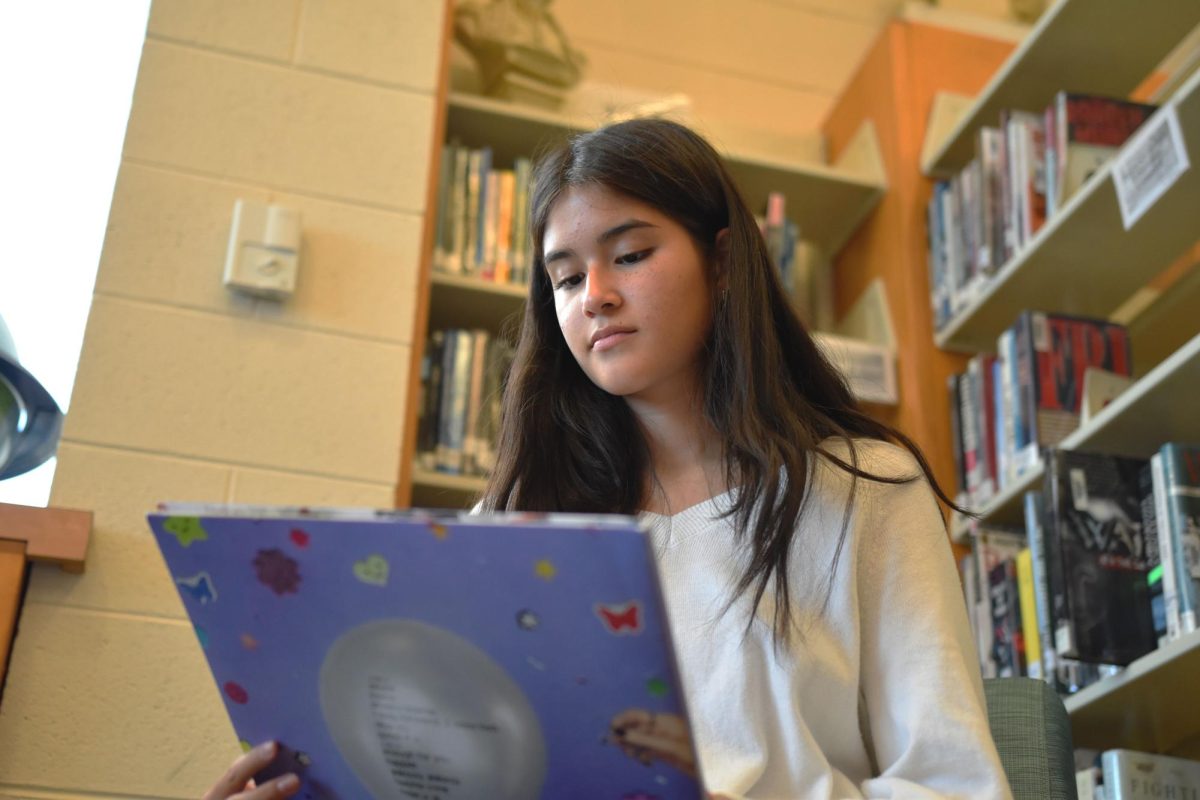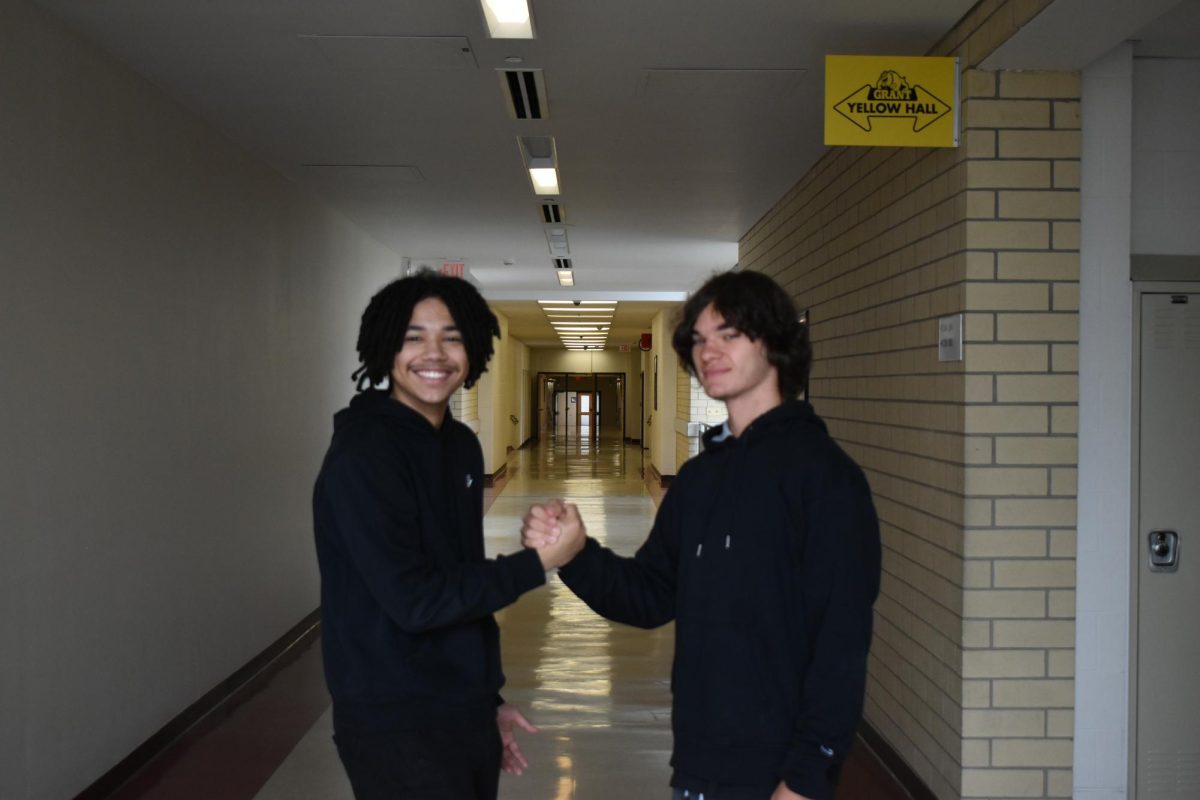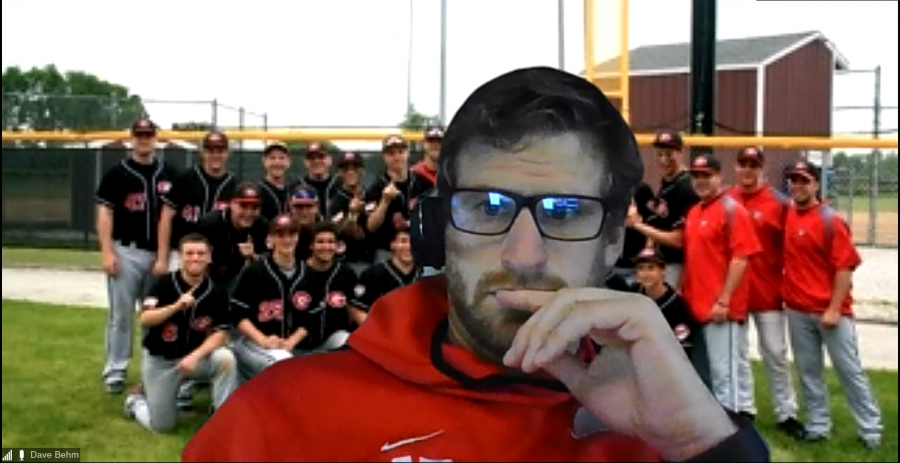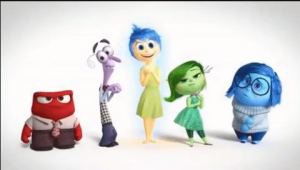Teachers take on E-Learning.
The Opinion of Students for E-Learning has been talked about, but what do your teachers think?
November 2, 2020
It’s no secret that E-Learning has been an issue of debate nationwide, statewide, and locally. When COVID-19 struck in March, teachers began to formalize themselves with the new learning process, unsure of how it would work out. In August it evolved into a final learning curriculum, with teachers implementing all they had learned during the end of the previous school year, to ensure that everything runs smoother than in the spring.
If we want to know more about E-Learning, we have to know about the voices of the people that have been struggling with this for seven months now.
Despite the improvements made to the curriculum, there are still obstacles that are beyond the control of the teacher such as active participation, student-teacher relationships, and overall the comradery of the classroom. Mr. Behm, a physical education teacher who teaches team sports, which is one of the most interactive classes, has been required to do a lot of restructuring to have a normal environment compared to before. With all this online learning, Mr. Behm is disappointed that he is not able to interact with his students in the class, because he believes, “The most unfortunate effect for Team Sports is the students not being able to participate in the activities during class. We are still able to learn about sports but playing is the most enjoyable part.” This is troublesome because Mr. Behm has one of the most exciting classes in the school to take part in, and not being able to engage in activities with your students is frustrating which is understandable.
Nevertheless, Mr. Behm has adapted to his new surroundings, becoming more experienced with technology and “building a library of resources to support what we do in class. Mr. Behm has successfully grasped how distance learning works by creating new ways for the students to interact with workouts and getting to know them in these different environments.
Despite the success that others may have seen with E-learning, Mr. Wintersteen believes that learning isn’t really the same anymore and that the student’s education might be in trouble. Mr. Wintersteen believes that it’s easier to grade assignments online instead of on paper, with having students complete multiple assignments at once. Though some cons are that “it’s difficult to tell when students are not understanding or if they are fully paying attention during class, and I have found it’s difficult to start class on time due to students entering class late.” Which is understandable, E-Learning has been difficult among many students, not really sure what to do. He thinks that if the school were to go back in session, that it could be manageable for him, depending on if it’s hybrid or not.
Although some would consider e-learning easy to adapt to and overall a pleasant experience, it is clear that a variety of teachers disagree but remain optimistic and innovative. Wintersteen and others are “hoping for a top it your way hot dog week, followed by a top it your way hamburger week when school fully returns.”


